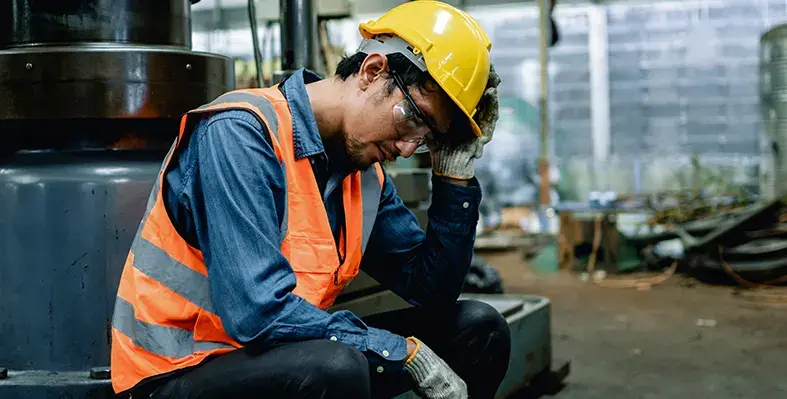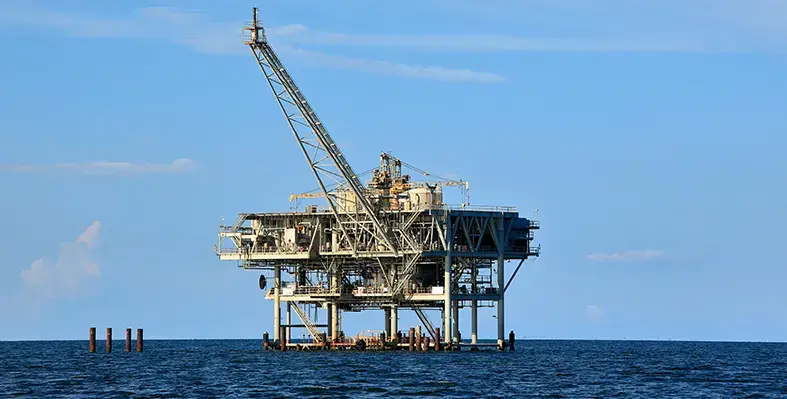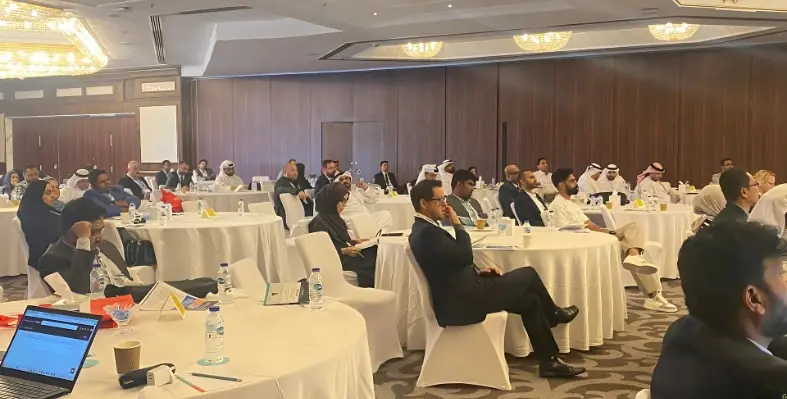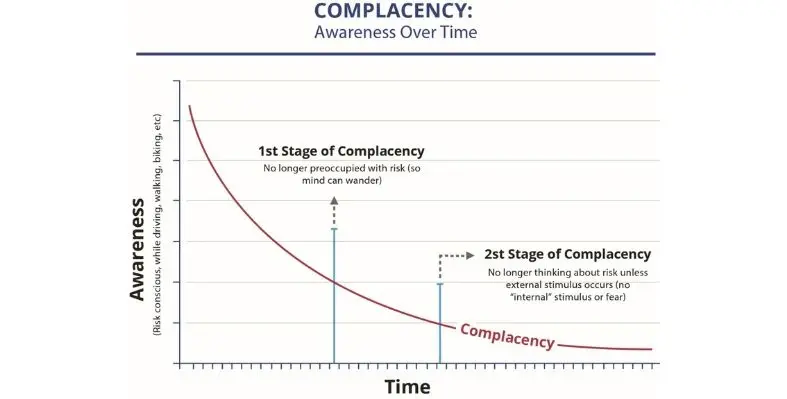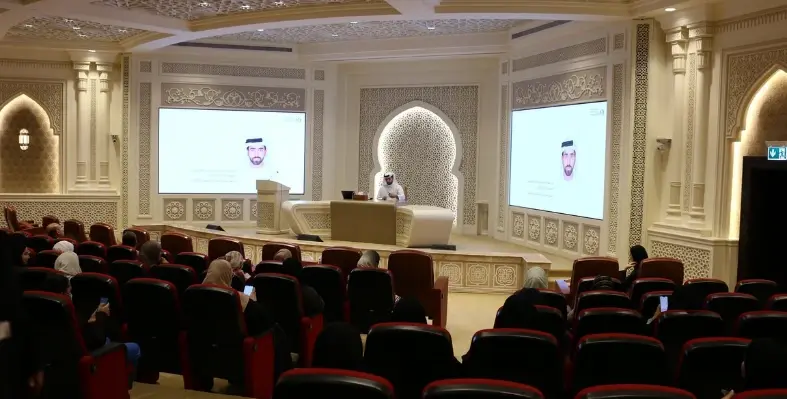As temperatures heat up, Oman’s Ministry of Labor, represented by the Occupational Safety and Health Department, has launched the SafeSummer campaign
The campaign aims to raise awareness among workers and employers about the risks of heat stress during the summer and the need to take preventative measures to preserve the health and safety of workers, especially in open workplaces exposed to direct sunlight.
Oman’s regulations prohibit outdoor work at construction sites or open areas exposed to high temperatures from 12.30-3.30 pm during June, July and August to protect workers from heat-related illness and injury.
The Ministry stresses the importance of adhering to the midday work stoppage and urges private sector companies to comply with the rule to avoid penalties and ensure worker safety.
It comes as the country has experienced very high temperatures of more than 45 degrees in some areas, and as higher temperatures and more frequent and severe heatwaves are recorded globally due to the impact of climate change.
Oman’s Ministry of Labor, represented by the Occupational Safety and Health Department, in cooperation with the Ministry of Public Health, recently organised an awareness seminar for workers and employees of MedGulf Construction Company. It educated participants on methods and techniques for preventing heat stress, as well as the importance of avoiding direct exposure to sunlight and adhering to safety guidelines and standards at work sites.
The Occupational Safety and Health Administration distributed cooling suits, which help lower body temperature and protect workers from heat stress using advanced cooling technology.
Elsewhere in the GCC
The other Gulf states also enforce midday work bans during the summer months, as well as implementing measures to combat heat stress. The UAE, for example, prohibits all types of work carried out under direct sunlight and in open spaces form 12.30-3pm from 15 June to 15 September. Employers are required to provide shaded areas for workers, adequate cooling devices, sufficient drinking water and first aid equipment at work sites.
Saudi Arabia prohibits outdoor work from 12-3pm from 15 June to 15 September. The Ministry of Human Resources and Social Development has issued guidance on mitigating heat stress, including breaks, rest areas, regular hydration, working in teams and immediate response to heat stress symptoms.
Many companies in the region run summer safety campaigns to raise awareness of the dangers of occupational heat stress. Emirates Global Aluminium (EGA) for example has run a yearly 'Beat the Heat' programme for over a decade, a comprehensive, summer-long initiative which focuses on raising awareness among employees about the early signs of heat-related illness and empowering them to take proactive measures to prevent its onset.
It incorporates several measures to prevent heat-related illnesses, including hydration tests conducted before and during shifts, regular breaks, and cooling showers. The programme also features cooling booths, drinking stations, icemakers, and portable air conditioning units installed throughout the production areas to ensure that both employees and contractors remain cool and comfortable during their work shifts.
Heat-related illnesses such as heat exhaustion and heatstroke pose a significant risk for anyone working outdoors during the intense summer heat, and can pose a threat to life if not addressed promptly. In the longer term, heat stress can lead to the development of serious chronic diseases. Furthermore, as the ILO points out, the mental health impacts must also be considered, as well the numerous accidents and injuries caused by impaired mental performance, slippery and heated surfaces and unsuitable personal protective equipment (PPE).


